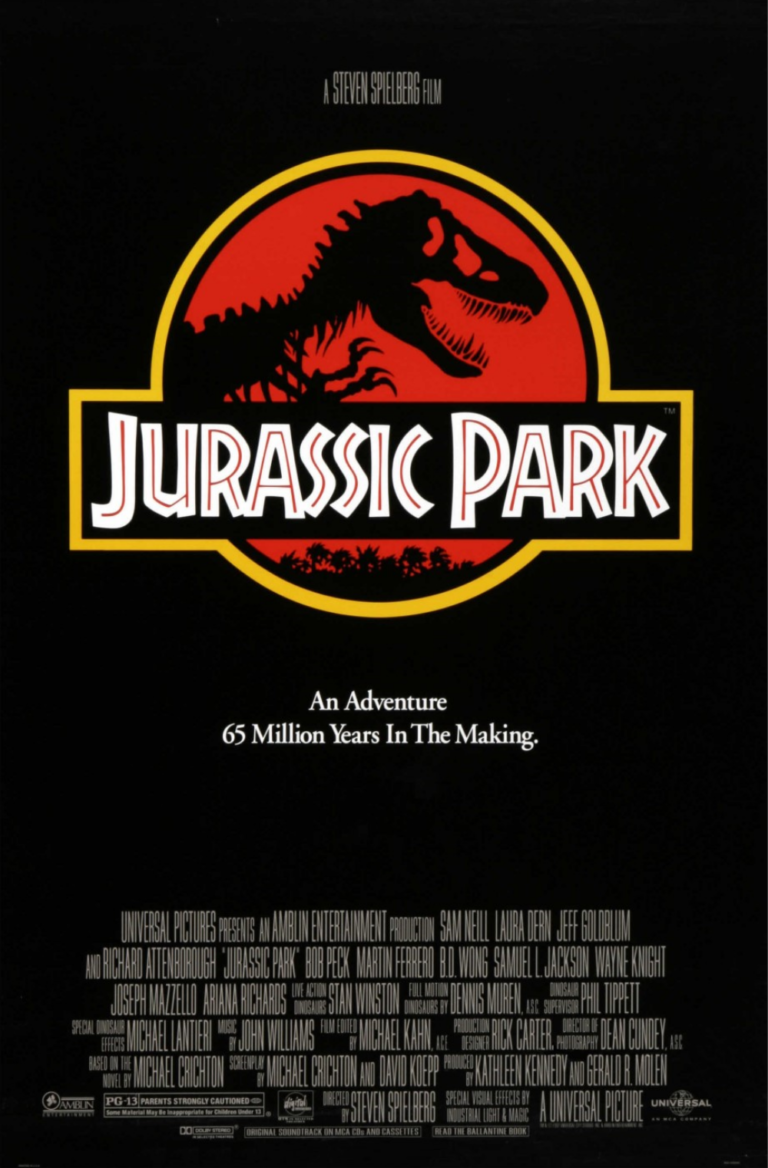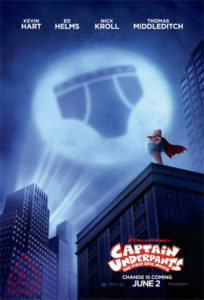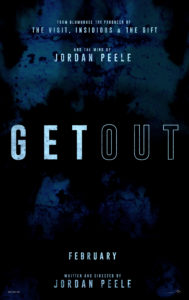Starring: James Marsters, Christopher McDonald and Hana Mae Lee
Directed by: Evan Marlowe
Rated: NR
Running Time: 94 minutes
Our Score: 2.5 out of 5 Stars
Anytime I see human puppets, I immediately think of “Team America: World Police” or “Being John Malkovich.” I’m not sure if that’s because I discredit the art form of puppets altogether and can only tolerate self-mocking portrayals or if that’s because the films are top tier puppet films. While it’s still too early to say, I think I might start adding “Abruptio” to that mental list anytime I see someone with a marionette.
When we meet Les Hackel (James Marsters), he’s working a dead-end job, living at home with his parents still, and getting dumped by his valley girl sounding girlfriend. Then, without any warning, he notices an incision at the base of his neck. One of his buddies has one too, and his buddy knows what it is; a bomb. Then Les begins receiving mysterious messages on his phone stating that everything will be fine as long as Les does what they say. If not, boom goes the neck bomb.
“Abruptio” is a unique take on human puppets because they’re a mix of actual puppets and life-sized puppets; I think. I’m not sure about the actual puppets, but it is very clear from the get-go that actors on screen are wearing puppet looking masks, attire, hands, etc. The mix of real world and puppets is, at most times, visually unsettling. The puppets stick out like a sore thumb, but because of that very intent, it makes us question the reality that the life-size puppets are in. The preposterous plot and visuals only amplify the unease as Les has to do more and more sinister things from the mystery entity or entities.
Adding to the bizarre plot devices are the vocals. We have the late Sid Haig, THE Freddy Kreuger (Robert England), and Christopher McDonald giving us that Shooter McGavin tone. For a film that took seven years, I’m impressed at the range of people who inevitably signed on to such a unique, puzzling, puppet film. Outside of the technical aspects and voice acting talent, “Abruptio” sometimes feels and looks hollow.
Les is more of a villain than a hero, so following him throughout the film can be a moral drag. While this film sits neatly into the horror genre, there’s still some basic ethics in horror. For instance, the puppet nudity never felt necessary or earned. I know, you probably had to do a double take at the puppet nudity. While it didn’t bug me at first, it was utilized at certain points to an unpleasant degree. Some moments felt hateful while others were more masturbatory in their presentation. It also doesn’t help that Les’ character looks like a 55-year-old loser on the verge of shooting up a gas station and he’s having several woman issues throughout the movie.
I can’t completely disregard something like “Abruptio,” because the ending reveal may make everything prior seem like a big misunderstanding. For the horror community, “Abruptio” is a fine addition to the “so weird it’s oddly good” category, but for everyone else, the film will be too dark and miserable to enjoy.




